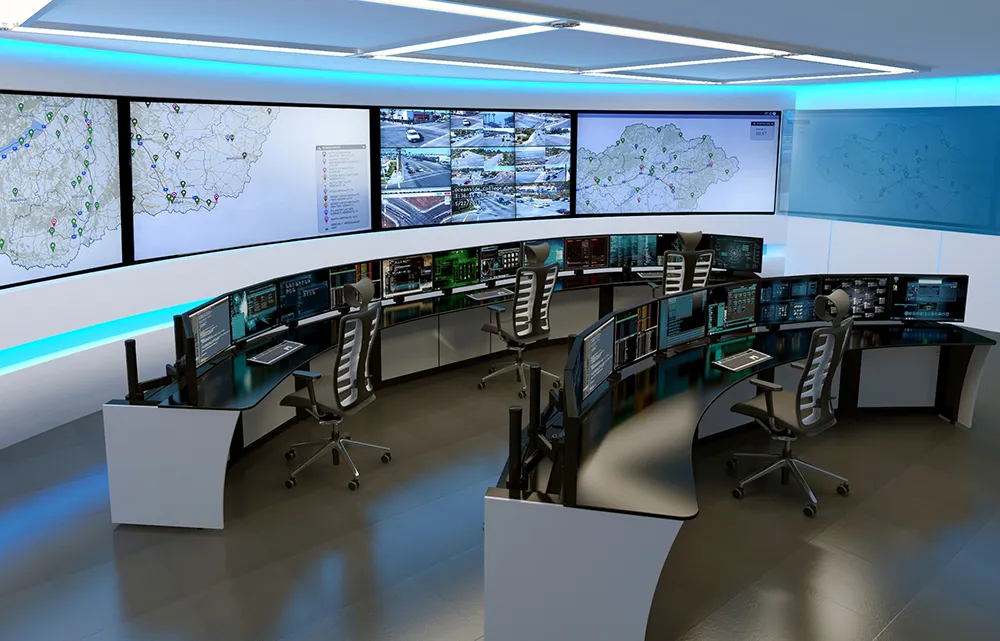TRW Automotive Holdings is developing its second generation scalable airbag control unit (ACU) designed for the growing low-cost vehicle and emerging markets. This intelligent solution allows the ACU to be adapted within a vehicle platform to offer two options – standard and enhanced – for models sold within emerging territories and also for those exported to developed markets.
March 22, 2012
Read time: 2 mins
Ed Carpenter, vice president, TRW Electronics, said: "Our second generation scalable ACU offers emerging market OEMs the opportunity to fit their vehicles with advanced safety equipment and the new units will include the option to integrate the inertial measurement unit (IMU) into the ACU to sense vehicle yaw, a key technology for the growing electronic stability control (ESC) market."
The standard ACU is configured for cost-effective frontal crash protection with one to four squib outputs and no satellite interfaces, but provides the flexibility to be upgraded for use in an enhanced safety system.
The enhanced ACU supports up to twelve squibs and four satellite interfaces to provide front and side impact detection and protection, and is designed to handle the additional functional requirements to meet European and / or North American safety requirements. This includes the option to add an inertial measurement unit to support active safety systems such as ESC.
With the updated design, costs have been further reduced for the enhanced ACU variants with 8 squibs or more, providing vehicle manufacturers greater flexibility and competitiveness. To reduce tooling and engineering costs and design complexity further, the scalable ACU family uses a standardized mechanical design including the connector. This enables economic production of ACUs even for relatively small OEMs with low volume platforms and/ or low airbag fitment rates.








